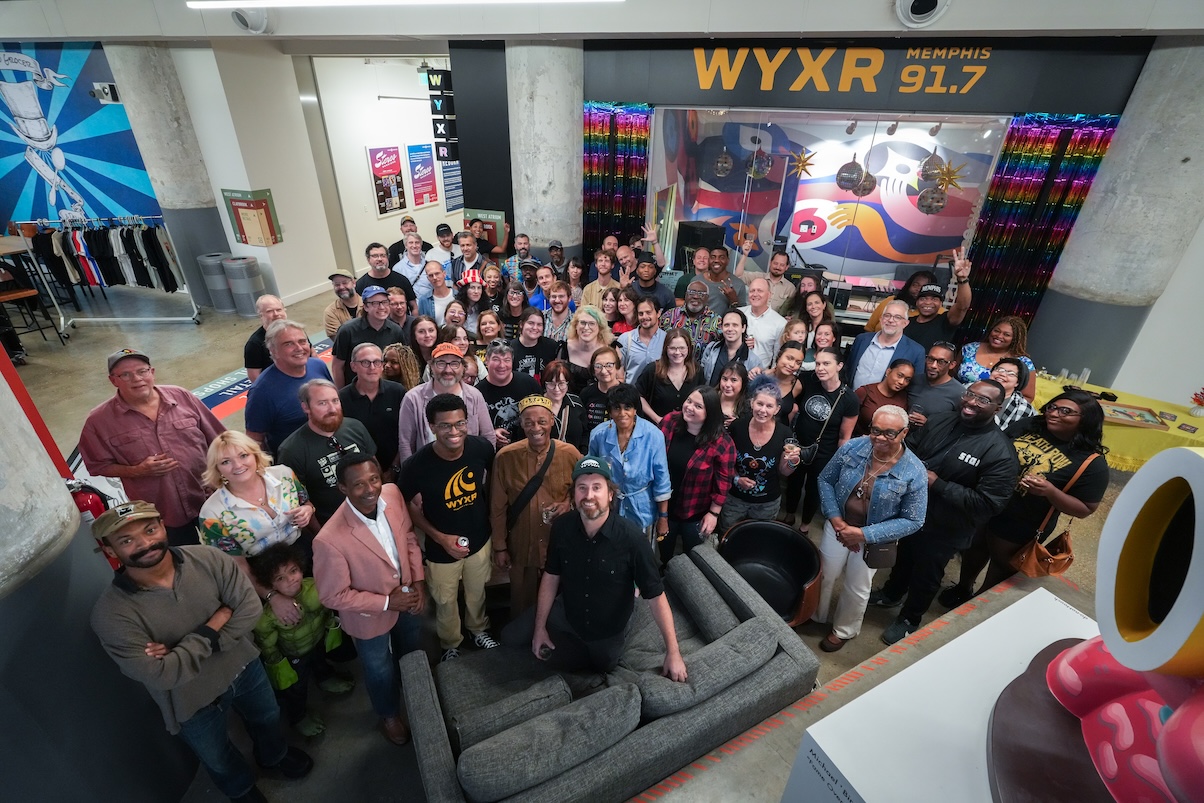The Hidden Risks of Poor Translations in Public Knowledge Platforms
The Role of Public Knowledge Platforms in Shaping Perception In today’s digital-first world, public knowledge platforms like Wikipedia, Quora, and open-access repositories have become trusted sources of information. They help shape public perception, drive education, and serve as gateways for learning. As global connectivity increases, these platforms are no longer accessed only by native English speakers; people from every corner of the world rely on them for unbiased and factual content. With this global audience comes the demand for accurate multilingual content. Translating entries into various languages ensures information is accessible, inclusive, and culturally relevant. However, translation isn’t just about converting words—it’s about preserving meaning, tone, and credibility across cultures. The Growing Reliance on Translated Content** The internet is rapidly expanding beyond English, with over half of web users communicating in other languages. Non-English speakers are searching for knowledge, making it vital to deliver translated content that resonates with diverse audiences. Unfortunately, the increase in demand has also led to a rise in poor translations, often stemming from overreliance on automated tools or non-native speakers. To ensure quality, organizations often turn to Wiki page translators, who offer culturally fluent translations that reflect both linguistic and contextual accuracy. II. What Constitutes a Poor Translation? A. Literal Translation vs. Contextual Accuracy Poor translation goes beyond incorrect spelling or syntax. It often involves literal translations that ignore cultural nuance, emotional tone, or context. Word-for-word substitutions can turn informative entries into confusing or even offensive content. For example, idioms or technical jargon rarely translate well without cultural adaptation. A poor translation of a medical term, for instance, could turn life-saving advice into dangerous misinformation. It may also strip a biography of the subtleties that show character, making a public figure seem robotic or inconsistent with their original representation. B. Common Errors in Public Platforms On public platforms, common translation issues include: Grammatical inconsistencies: Wrong tenses, subject-verb agreement, or incorrect sentence structure. Cultural missteps: Using expressions or words that are inappropriate in a particular culture. Outdated language: Using terms that are no longer relevant or that have changed meaning over time. A well-documented case involved a translated Wikipedia entry about a historical figure where the term "liberal" was mistranslated to "libertine," creating a damaging mischaracterization. Such errors reduce the reliability of the entire platform. **III. Impact on Credibility and Trust A. User Trust in Information Platforms Audiences generally view public knowledge platforms as reliable. They may not cross-check every source or question every sentence. Therefore, when a translation error occurs, it can quickly erode trust. Even minor errors, like mistranslating an academic title or mislabeling a statistic, create confusion and reduce a reader’s confidence in the content. One mistranslated sentence in a scientific article could lead readers to misunderstand crucial findings, diminishing the platform’s authority and potentially causing harm in knowledge-dependent fields. **B. Reputational Risk to Contributors and Subjects **The damage isn’t limited to platforms alone. Individuals and organizations featured in these entries suffer when poor translations misrepresent their work or achievements. A badly translated biography might downplay academic credentials or misrepresent professional accomplishments. For brands and public figures, reputation is everything. Inaccurate translations can lead to negative PR, legal disputes, and public backlash. There's also the ethical concern of misinforming audiences about someone's beliefs or actions due to linguistic errors. **IV. Knowledge Misinformation and Public Harm **A. Spread of Inaccurate Knowledge Translation errors don’t just cause confusion—they can alter the course of public discourse. When entries about history, politics, or medicine are poorly translated, they spread incorrect information to global audiences. This misinformation can be particularly harmful when it involves sensitive topics like health, elections, or human rights. A real-world example includes a misinterpreted Wikipedia entry on vaccine side effects. The poor translation spread widely across non-English forums, sowing fear and distrust in communities already hesitant about medical interventions. B. Vulnerable Audiences and Language Barriers The impact of poor translation is even more severe for vulnerable populations who may lack access to alternative sources. Non-native speakers often rely solely on transl
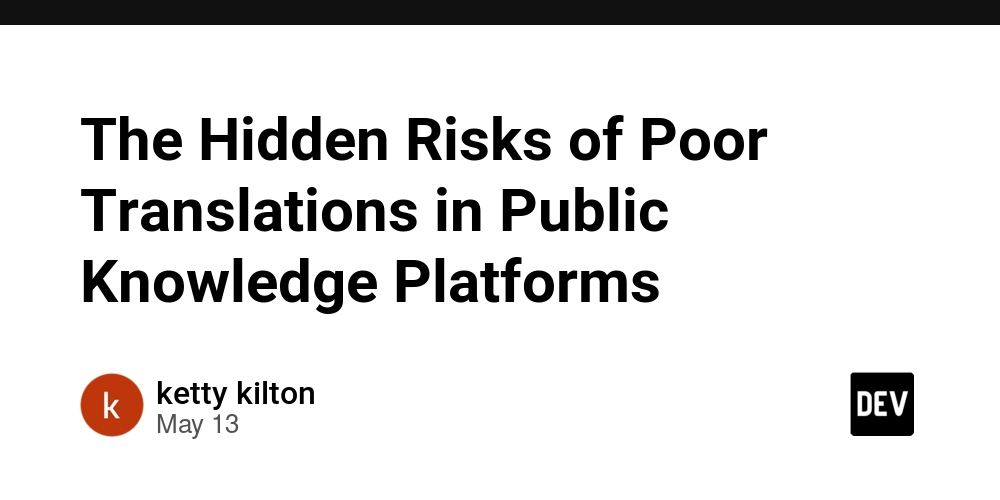
The Role of Public Knowledge Platforms in Shaping Perception
In today’s digital-first world, public knowledge platforms like Wikipedia, Quora, and open-access repositories have become trusted sources of information. They help shape public perception, drive education, and serve as gateways for learning. As global connectivity increases, these platforms are no longer accessed only by native English speakers; people from every corner of the world rely on them for unbiased and factual content.
With this global audience comes the demand for accurate multilingual content. Translating entries into various languages ensures information is accessible, inclusive, and culturally relevant. However, translation isn’t just about converting words—it’s about preserving meaning, tone, and credibility across cultures.
The Growing Reliance on Translated Content**
The internet is rapidly expanding beyond English, with over half of web users communicating in other languages. Non-English speakers are searching for knowledge, making it vital to deliver translated content that resonates with diverse audiences. Unfortunately, the increase in demand has also led to a rise in poor translations, often stemming from overreliance on automated tools or non-native speakers. To ensure quality, organizations often turn to Wiki page translators, who offer culturally fluent translations that reflect both linguistic and contextual accuracy.
II. What Constitutes a Poor Translation?
A. Literal Translation vs. Contextual Accuracy
Poor translation goes beyond incorrect spelling or syntax. It often involves literal translations that ignore cultural nuance, emotional tone, or context. Word-for-word substitutions can turn informative entries into confusing or even offensive content. For example, idioms or technical jargon rarely translate well without cultural adaptation.
A poor translation of a medical term, for instance, could turn life-saving advice into dangerous misinformation. It may also strip a biography of the subtleties that show character, making a public figure seem robotic or inconsistent with their original representation.
B. Common Errors in Public Platforms
On public platforms, common translation issues include:
Grammatical inconsistencies: Wrong tenses, subject-verb agreement, or incorrect sentence structure.
Cultural missteps: Using expressions or words that are inappropriate in a particular culture.
Outdated language: Using terms that are no longer relevant or that have changed meaning over time.
A well-documented case involved a translated Wikipedia entry about a historical figure where the term "liberal" was mistranslated to "libertine," creating a damaging mischaracterization. Such errors reduce the reliability of the entire platform.
**III. Impact on Credibility and Trust
A. User Trust in Information Platforms
Audiences generally view public knowledge platforms as reliable. They may not cross-check every source or question every sentence. Therefore, when a translation error occurs, it can quickly erode trust. Even minor errors, like mistranslating an academic title or mislabeling a statistic, create confusion and reduce a reader’s confidence in the content.
One mistranslated sentence in a scientific article could lead readers to misunderstand crucial findings, diminishing the platform’s authority and potentially causing harm in knowledge-dependent fields.
**B. Reputational Risk to Contributors and Subjects
**The damage isn’t limited to platforms alone. Individuals and organizations featured in these entries suffer when poor translations misrepresent their work or achievements. A badly translated biography might downplay academic credentials or misrepresent professional accomplishments.
For brands and public figures, reputation is everything. Inaccurate translations can lead to negative PR, legal disputes, and public backlash. There's also the ethical concern of misinforming audiences about someone's beliefs or actions due to linguistic errors.
**IV. Knowledge Misinformation and Public Harm
**A. Spread of Inaccurate Knowledge
Translation errors don’t just cause confusion—they can alter the course of public discourse. When entries about history, politics, or medicine are poorly translated, they spread incorrect information to global audiences. This misinformation can be particularly harmful when it involves sensitive topics like health, elections, or human rights.
A real-world example includes a misinterpreted Wikipedia entry on vaccine side effects. The poor translation spread widely across non-English forums, sowing fear and distrust in communities already hesitant about medical interventions.
B. Vulnerable Audiences and Language Barriers
The impact of poor translation is even more severe for vulnerable populations who may lack access to alternative sources. Non-native speakers often rely solely on translated content and may not detect inaccuracies.
When knowledge is inaccessible or misleading, it creates an information gap between language groups. This digital inequality undermines the principle of open, global knowledge and puts entire communities at risk of being misinformed.
V. The Case for Native Translators and Quality Control
A. Importance of Human Oversight
While machine translation tools are improving, they still lack the depth of understanding that native speakers bring. They cannot pick up on cultural cues, emotional tone, or the intent behind complex language. That’s where native translators step in. They don’t just convert text—they localize it, ensuring accuracy, clarity, and cultural sensitivity.
Native translators can identify problematic phrases, adapt idioms, and maintain the original tone and intent. Their input ensures that translations are not only factually correct but also respectful and relatable to the audience.
**B. Recommendations for Content Owners and Editors
**
To maintain credibility and protect public understanding, content creators and editors should:
Hire qualified native translators for entries that will be widely read or have reputational impact.
Avoid exclusive reliance on AI tools, which can be helpful but should not replace human oversight.
Establish periodic review processes, especially for high-traffic or controversial topics.
Encourage multilingual community editing, allowing fluent users to correct, improve, and validate translations.
These strategies help ensure that multilingual entries reflect the same standards as original content, maintaining trust and accuracy across languages.
VI. Conclusion
A. Safeguarding Public Knowledge Through Accurate Translation
Public knowledge platforms are more than websites—they’re digital institutions that influence how we understand the world. When content is poorly translated, the consequences ripple through public discourse, damage reputations, and widen the global information gap.
To protect the integrity of this shared knowledge, it’s crucial to invest in accurate, culturally competent translation. That means relying on native translators, applying consistent quality control, and treating multilingual content with the same care as its original version.
The risks of poor translation are real, but they’re also avoidable. With responsible practices and professional support, public knowledge can remain a reliable, global resource for all.


















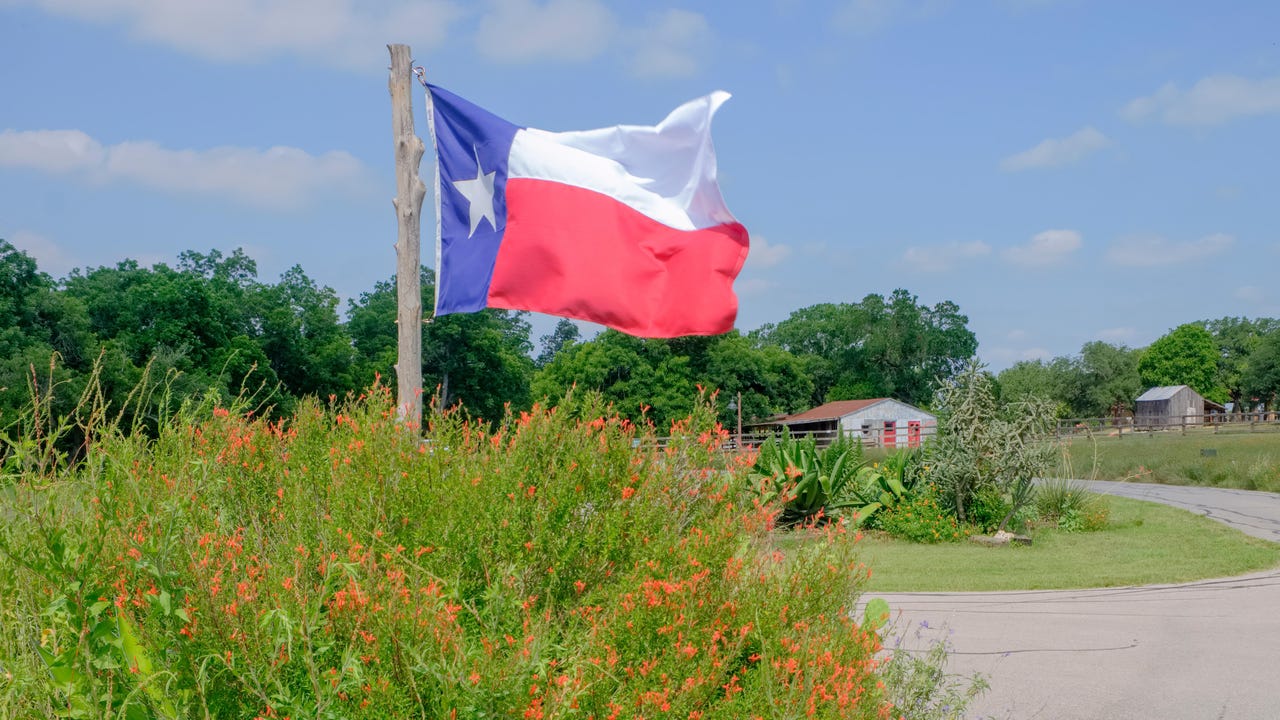

_ElenaBs_Alamy.jpg?width=1280&auto=webp&quality=80&disable=upscale#)




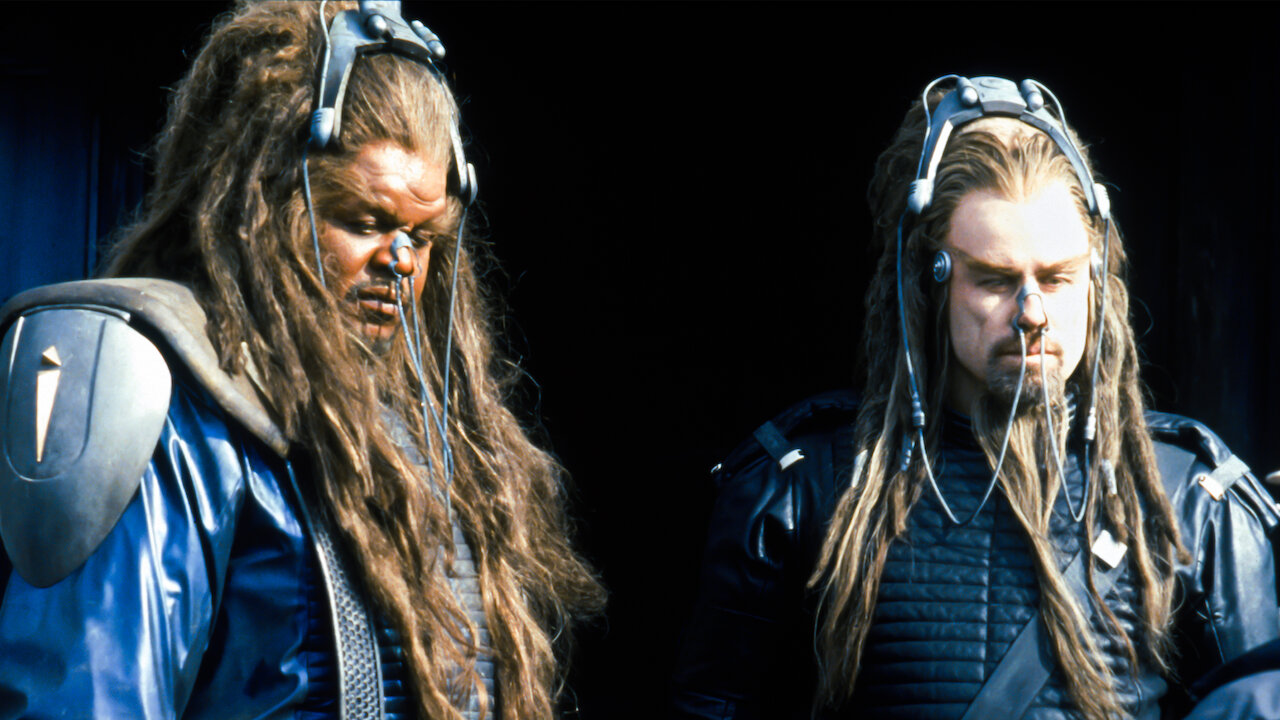










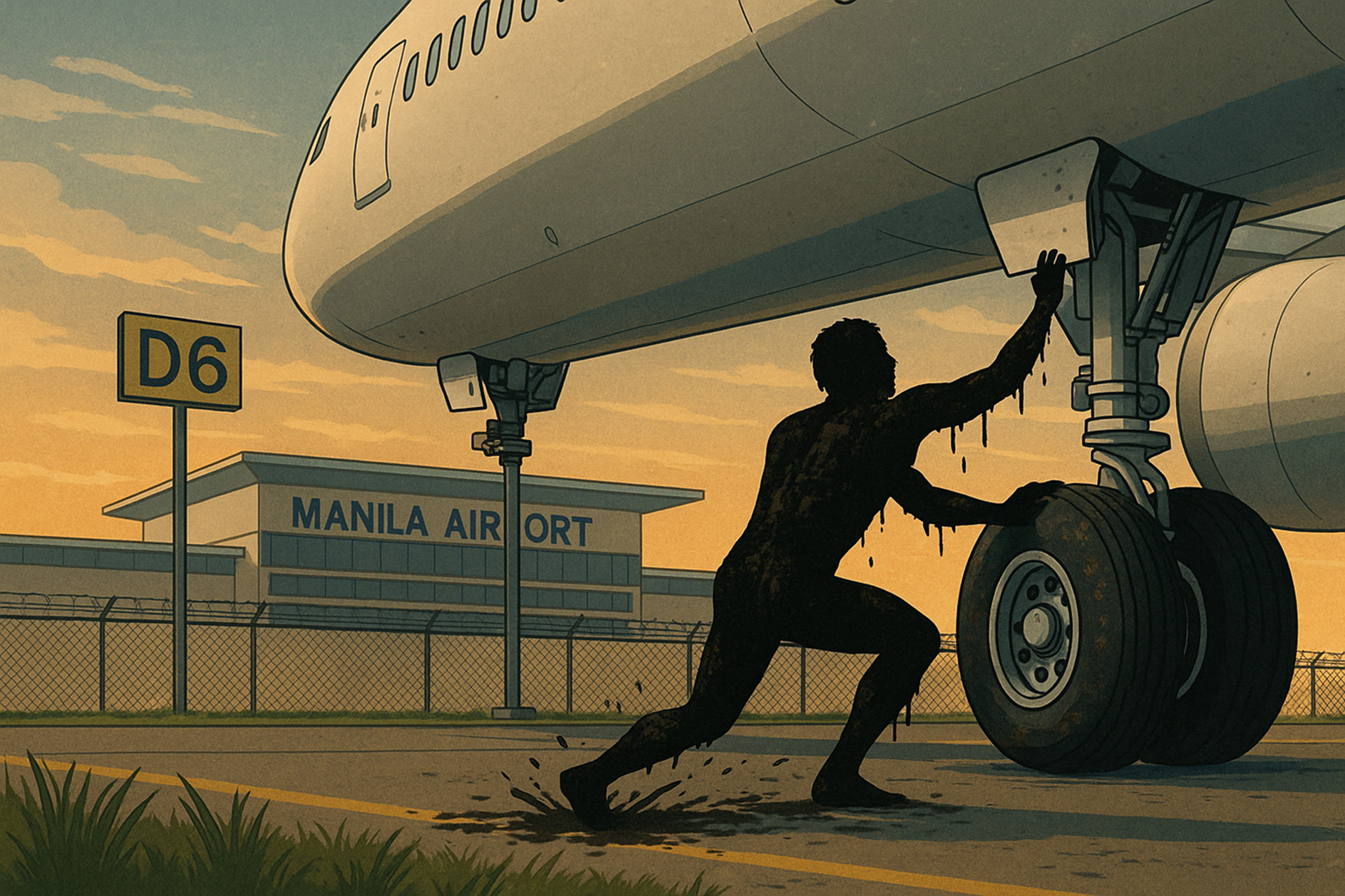

![Bitten By Bed Bugs At Luxor—Rushed To Hospital, All They Did Was Waive Her Resort Fee. Now She’s Suing [Roundup]](https://viewfromthewing.com/wp-content/uploads/2025/05/luxor.jpg?#)















